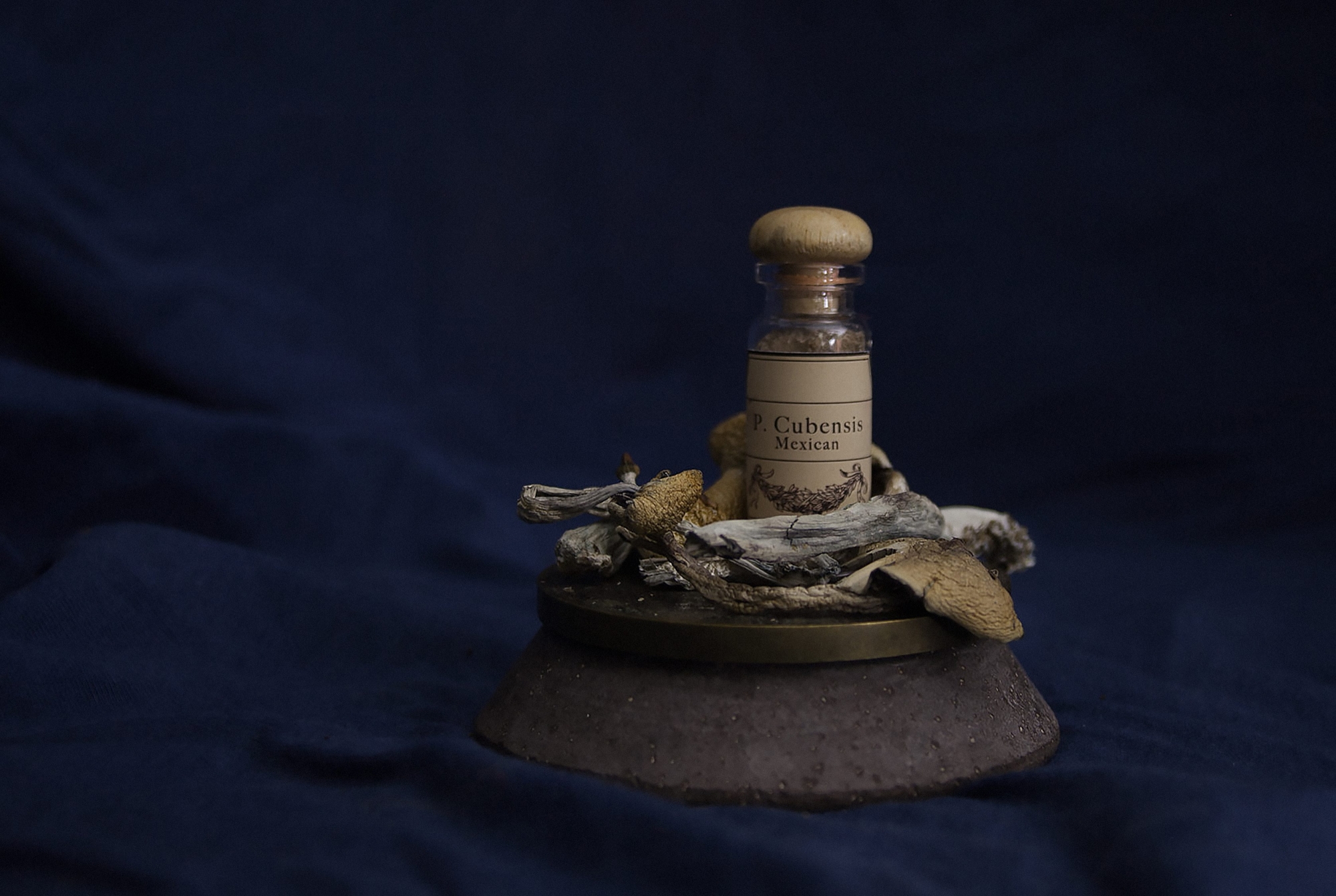You are here
Home 🌿 Medical Cannabis News 🌿 Canada’s Reforms on Psychedelics Are Slowly Taking Shape 🌿Canada’s Reforms on Psychedelics Are Slowly Taking Shape

Financial rewards will wait, but there’s optimism
Scott Atkinson, a 49-year-old Canadian who fought in Afghanistan and suffers from PTSD, recently became one of the first people to apply for MDMA treatment in Canada following a legal change that companies believe will make it easier to get psychedelic treatments.
His Jan. 6 application came through a revised program that considers doctor-approved recommendations for treatment with psychedelic drugs. It helps explain why Canada is seeing renewed optimism around psychedelic drugs — even if the financial rewards may be a long way off.
Atkinson made his application with help from Field Trip Health Ltd., a Toronto-based company specializing in psychedelic therapies. Chief Executive Officer Ronan Levy said he believes it was the first filed under Canada’s revised rules, which allow doctors to request patient access to psychoactive substances for any serious treatment-resistant condition. A response is expected within 48 hours. Previously, the government had granted very limited access to psychedelics under a different program for illnesses such as late-stage cancer. It often took months for patients to hear back.
Canada’s recent legal changes could signal a change in the wind — just as its legalization of marijuana in 2018 was a harbinger of more U.S. states opening up to cannabis. So far in 2022, Maine’s legislature is considering a bill that could legalize psilocybin, similar to the one enacted in Oregon. More liberal laws have also been discussed in Oklahoma, Virginia and Kansas. At least 10 cities have decriminalized psychedelics already, according to Psilocybin Alpha, which tracks the psychedelics sector.
To be sure, it won’t be a smooth road — U.S. cities have only decriminalized possession, which does more for the black market than for companies, and Virginia’s bill was defeated in the Senate last week. But such initiatives have given psychedelics companies reasons to be hopeful.
“Liberalization will happen across the board, whether through legal or political change. It’s happening almost everywhere right now,” Field Trip’s Levy told me. The company runs 11 centers in the U.S. and Canada that treat patients for PTSD, depression and addiction using ketamine. It also operates a facility in the Netherlands where it gives treatment with psilocybin truffles.
Levy said he believes that the committee within Health Canada that decides on access to psychedelics will “at first be fairly restrictive” in granting permission. It’s too soon to think about opening up new clinics or anticipate an increased number of patients, he said.
Seeking clarity
Numinus Wellness Inc., a Vancouver, British Columbia-based company that has seven clinics in Canada, is liaising with Health Canada to make sure it meets the government’s expectations on its applications, said Chief Executive Officer Payton Nyquvest.
Eight Capital analyst Sepehr Manochehry said in a January research note that Numinus is “well-positioned as a national leader” to provide the treatments — given the necessary permissions from Health Canada.
Still, the scope of the government’s changes remains unclear. Both Field Trip’s Levy and Numinus’s Nyquvest said it was still hard to tell whether the government will cover any of the costs, or whether it will allow the kind of psychedelics tourism that has made places like Jamaica and the Netherlands hot spots for psychedelic therapies. And it remains to be seen how it plays out for patients.
Atkinson, who had also applied for psilocybin to treat PTSD under the old rule, waited for more than a year until he was recently granted access. He was grateful that Canada’s new rules would speed things up. But as of Feb. 2, he had yet to hear back on his Jan. 6 application for MDMA — showing that the promise of a speedier response is still a work in progress.
While he’s found that microdosing gray-market psilocybin has been a big help with his condition, he said he hopes a more accepted, legal treatment is available soon.
“This means so much to me, not only for myself but for so many others who are affected by mental-health issues,” Atkinson said.
420 Intel is Your Source for Marijuana News
420 Intel Canada is your leading news source for the Canadian cannabis industry. Get the latest updates on Canadian cannabis stocks and developments on how Canada continues to be a major player in the worldwide recreational and medical cannabis industry.
420 Intel Canada is the Canadian Industry news outlet that will keep you updated on how these Canadian developments in recreational and medical marijuana will impact the country and the world. Our commitment is to bring you the most important cannabis news stories from across Canada every day of the week.
Marijuana industry news is a constant endeavor with new developments each day. For marijuana news across the True North, 420 Intel Canada promises to bring you quality, Canadian, cannabis industry news.
You can get 420 Intel news delivered directly to your inbox by signing up for our daily marijuana news, ensuring you’re always kept up to date on the ever-changing cannabis industry. To stay even better informed about marijuana legalization news follow us on Twitter, Facebook and LinkedIn.




